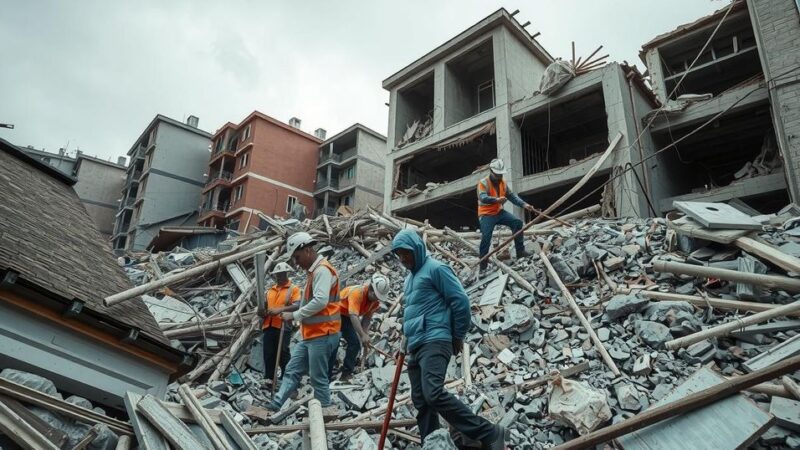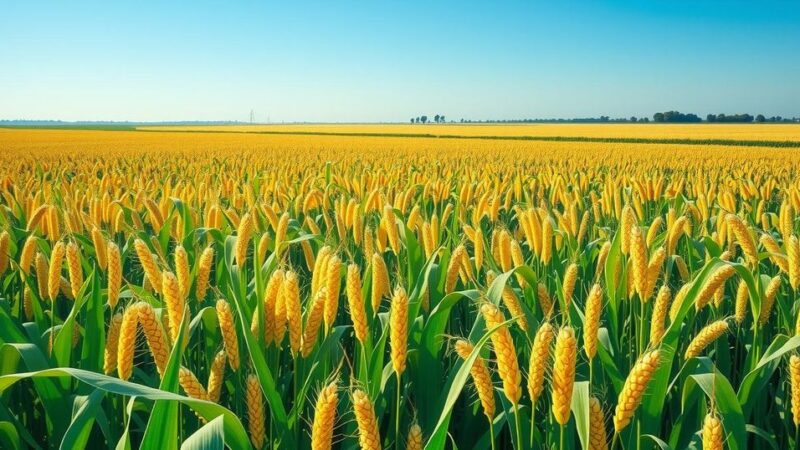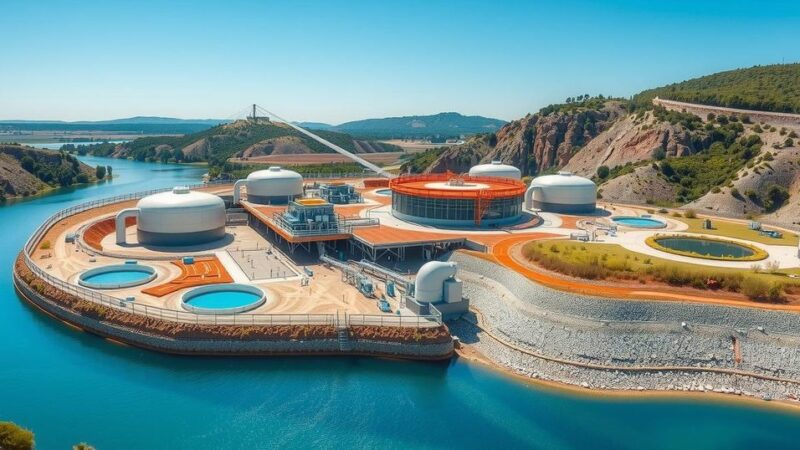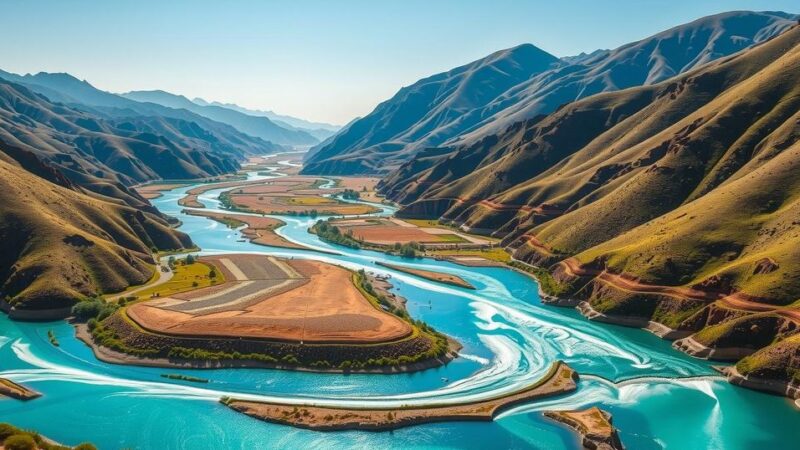Morocco is undertaking a “water highway” project costing $728 million to redirect water from northern rivers to urban centers like Rabat and Casablanca. Despite initial success in averting water shortages, experts question the sustainability of this approach amid ongoing drought and climate change. Yearly water supply has drastically decreased, highlighting the need for improved irrigation and alternative water sources.
Morocco is investing significantly in a project known as the “water highway,” aimed at redirecting excess water from the Sebou River to alleviate water shortages in major urban centers. To date, the government has allocated $728 million to ensure a sustainable drinking water supply for Rabat and Casablanca. Future expansions of this initiative may include supplying the southern city of Marrakesh by tapping into additional northern rivers.
Government officials, including Mahjoub Lahrache from the agriculture ministry, proclaim the project’s success in averting immediate water crises, emphasizing that approximately 12 million citizens have been safeguarded from potential water shortages. In late 2023, Rabat faced a critical shortage, prompting swift action to secure water sources for its inhabitants.
There exist stark contrasts in rainfall across Morocco, where 53% of precipitation occurs on a mere 7% of the land. This uneven distribution, particularly between the Atlas mountain regions and the semi-arid southern areas, underscores the necessity for projects like the water highway to manage current supply needs. A diversion dam near Kenitra has already been established to capture excess water before it flows into the Atlantic.
Following its inauguration last August, the water highway has yielded over 700 million cubic meters of drinking water for Rabat and Casablanca by early March. Despite these successes, experts express concern regarding the longevity of water surpluses from the Sebou and other northern rivers, especially in light of recent climatic challenges.
Morocco has endured a prolonged six-year drought, with annual water supply plummeting from an average of 18 billion cubic meters in the 1980s to merely five billion today. Even with recent rains, rainfall remains significantly below historical norms, exacerbating the ongoing drought conditions described as the longest in the nation’s history.
The looming threat of climate change further complicates future water availability, as rising temperatures lead to increased evaporation and potentially diminished rainfall. Researcher Nabil El Mocayd has warned that northern water basins are predicted to suffer more from climate change impacts, leading to an uncertain future for water management strategies. Abderrahim Handouf highlighted that in light of these realities, enhanced investment in irrigation efficiency and desalination technologies is essential to sustain urban water supplies.
In conclusion, although Morocco’s investment in the water highway represents a significant step towards addressing immediate water shortages in key urban areas, the sustainability of this initiative is under scrutiny. The ongoing challenges posed by climate change, coupled with existing water stress from prolonged drought, necessitate careful consideration of future water management strategies. To ensure long-term water security, Morocco must prioritize both irrigation efficiency and the development of alternative water sources such as desalination.
Original Source: www.swiowanewssource.com






